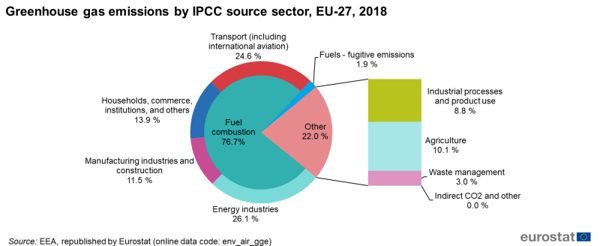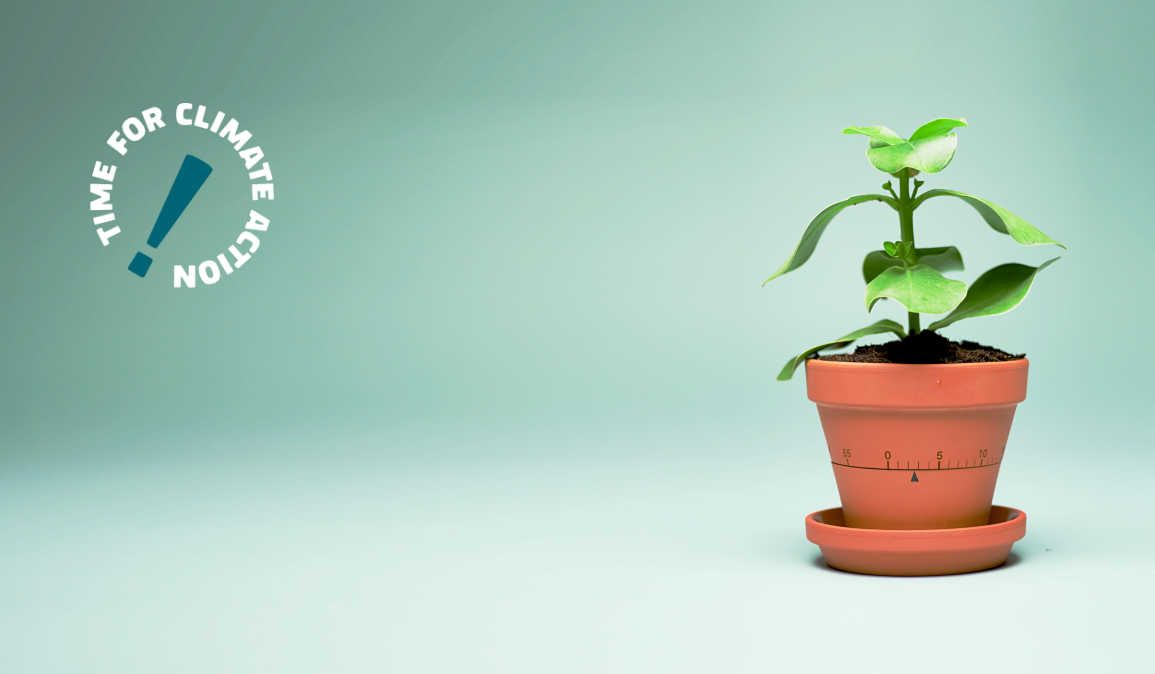Earth Week
The first event of Earth Day was organized more than 50 years ago, on the 22nd of April 1970 in the USA. Senator Gaylord Nelson, a junior senator from Wisconsin, is considered its founder. The original idea of the event was for a teach-in on college campuses. The date for that matter, is not a coincidence, a weekday falling between Spring Break and Final Exams, to maximize student participation. In the end, not only students but also high schoolers and adults joined, giving a total number of 20 million Americans (at that time 10% of all population!) on the streets, protesting things like polluting factories and power plants, pesticides, or oil spills.In 1990 Earth Day became global, inspiring people from 141 countries and paving the way for the 1992 United Nations Earth Summit in Rio de Janeiro. In 2000 event organizers leveraged the power of the internet to spread the word even further. That led us to the current situation, where Earth Day is widely recognizable and puts together billions of people to fight together in the battle for a better future, cleaner earth, and against climate change.
Time for Climate Action
At enspired, we try to minimize our impact on the environment since day one of our company's existence. We are a certified CarbonNeutral® and paperless company. We have mostly an electric fleet, are using green electricity, and offer free oat milk and daily plant-based lunch options for our employees. This year we decided to join Climate Action – a campaign prepared by Leaders for Climate Action and extend Earth Day to a whole Earth Week. Here is what we have planned and why.
Plant-based week
According to researchers at Oxford University, we need to look no further than our plates to save the planet. A study from 2018 revealed that the single most effective action every person on this planet can take is to switch to a plant-based diet. Livestock production systems contribute an estimated 18% of global anthropogenic greenhouse gas (GHG) emissions. The main sources and types of GHG from livestock systems are:
- 25% methane production from animals
- 32% carbon dioxide (CO2) from land use and its changes
- 31% nitrous oxide (N2O) from manure and slurry management

Ultimately, the emission of GHG contributes to global warming scenarios and potentially compromises the welfare of billions of people. Therefore, we decided to do a plant-based week from 19th to 26th of April, and depending on personal employee preferences, replace one or more meals a day with vegan options. We know it is not easy to change the habits right away, and learn a new way of cooking, so we provided everyone at enspired with a cookbook and many helpful materials to start. Below you can find our finest selection for English and German speakers.
- Zufällig vegan - Marta Dymek
- Deliciously Ella Quick & Easy - Ella Mills
- More Plants Less Waste - Max La Manna
- BOSH! How to live vegan - Henry Firth & Ian Theasby
- VEGANOMICON The Ultimate Vegan Cookbook - Moskowitz, Romer
Introduction to the "Less Waste" life
Waste is the fourth largest source sector of emissions, accounting for 3% of total GHG in 2017. Waste management plays a crucial role in minimizing environmental impact. Nowadays we have recycling, and knowledge of how to use litter for energy production. Still, some packaging types and leftovers such as rotten vegetables or their peels don’t have high enough calorific value to be useful as fuel, and waste management facilities can’t recycle them. According to the Federal Waste Management Plan, Austrian households produce 4.3 million tons of junk every year, from which almost 370 thousand tons is food waste. Reusing food instead of throwing it away is a small contribution and practical one - if you know what to do. That is why one of our colleagues, Maxi Resch created a guide - “Less waste, More taste” for our employees to point out good tips that can make the waste reduction process easier, healthier, and sometimes even really delicious! We also gave everyone eco fruit bags for a good start and farewell for their plastic replacement. The rule here is simple, the less waste we produce, the less is there to manage afterward.
Continue good practice
We ain’t gonna stop after Earth Week. For our employees we planned a series of educational workshops, helping them understand the scale of the problem that we are facing even better. It is hard to come across reliable information about a negative impact on the environment in the news or on the street since big corporations are trying hard to show customers only the bright side of their actions/products. Once you find out what harm some products or practices cause, you will think twice the next time. And that is how it starts. The more aware you are, the more of a conscious consumer you become. And as a thinking creature that makes its own life choices, you can start a big change within yourself, your household, friends, coworkers, and whoever you can influence. And there it goes, like a snowball. A snowball that can cool down our climate. 😉
Here you can check a bit more about Climate Action and us.

